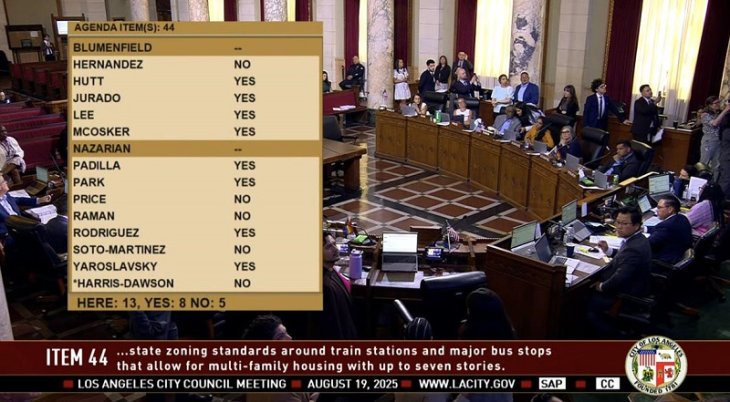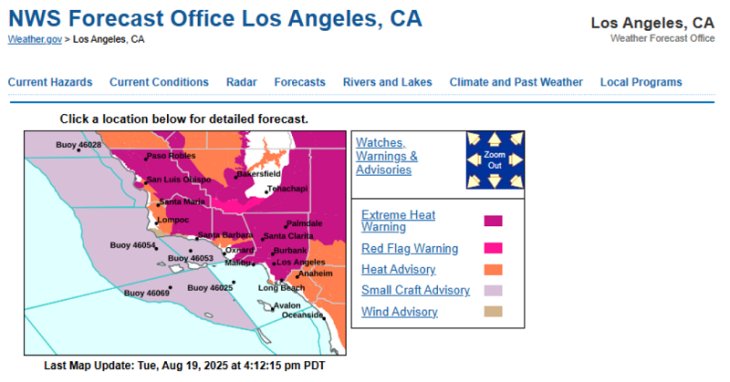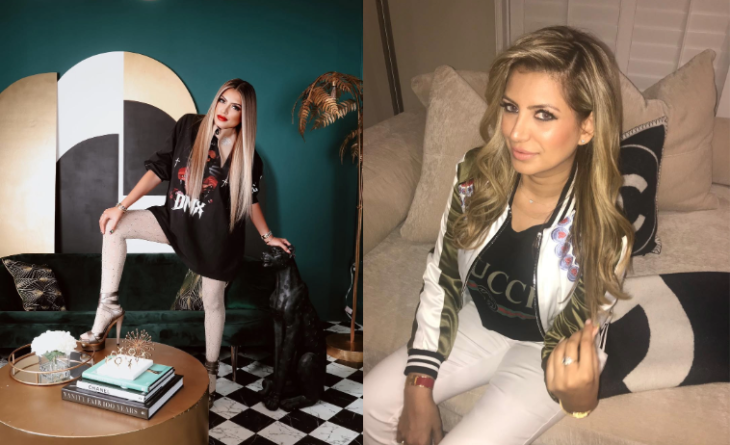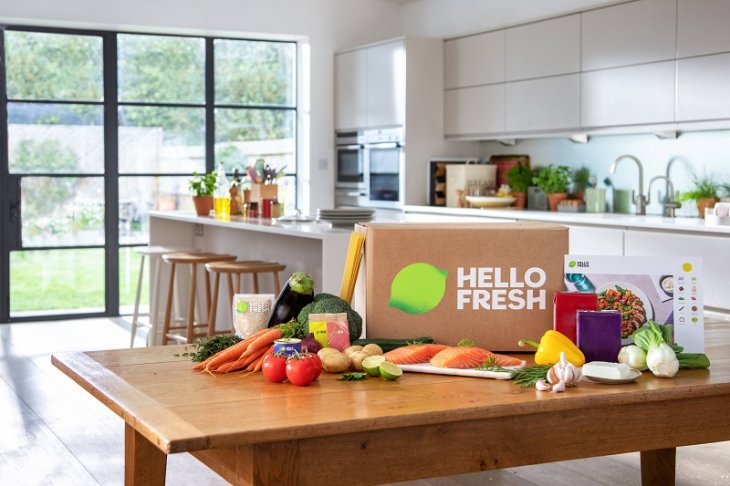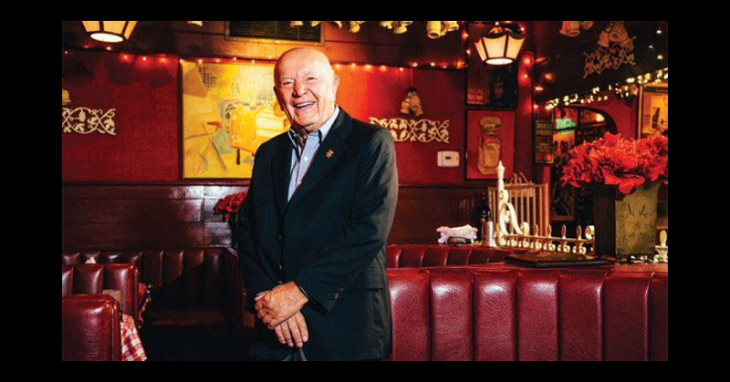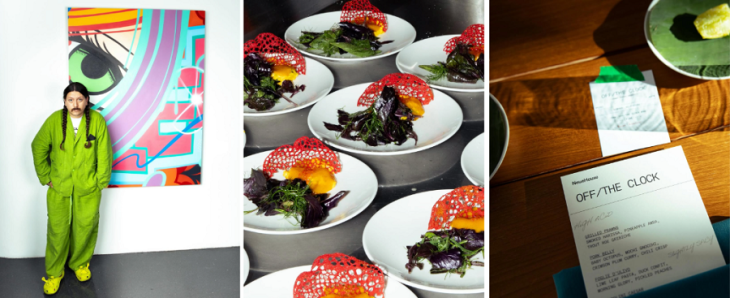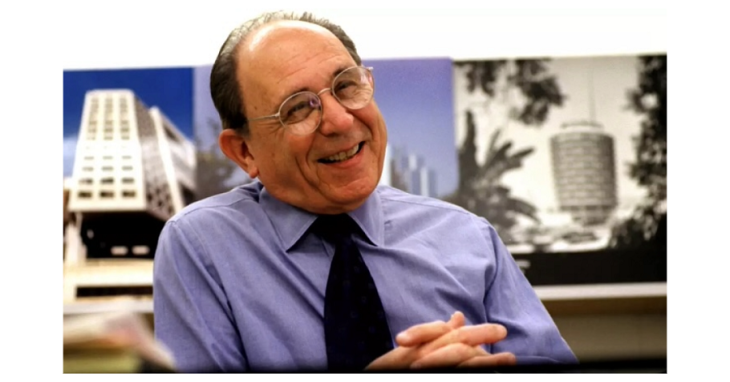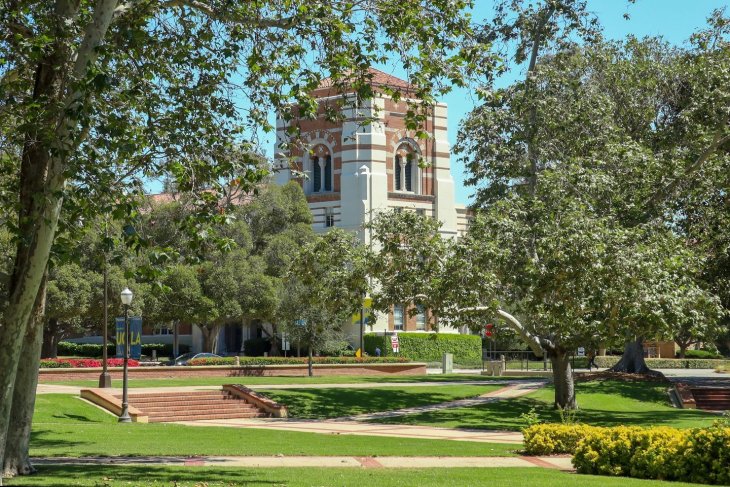A surface texture that is impervious to all liquids, no matter what the surface is made of, has been invented at UCLA, the school announced this week.
The engineers perfected a method of etching flathead nail-shaped patterns using nanoscale technology to cover a surface. At 20 micrometers wide, each nail is much smaller than the width of a human hair.
The pattern is etched into glass, metal or plastic, and makes it repel liquid and corrosion. The researchers said the texture could have applications from tiny biomedical devices in a human being to large industrial anti-rust applications.
Engineering professor Chang-Jin “C.J.” Kim and his postdoctoral student, Tingyi “Leo” Liu, published the discovery in the journal Sciece.
The nonoscale detailing makes all liquid hold together as a sphere, no matter how wet, Liu said.
“On our textured surface, liquid sits on a cushion that is 95 percent air,” he said. “And its own surface tension holds it do it can roll over the surface without collapsing.”
The surface thus becomes a “super-repellant” entity that cannot be permeated by any known liquid, from water to oils to the most-permeating liquid known science, a solvent that can soak into almost anything else.
In a human body, micro-etched devices could avoid fouling by biofluids.
The process is believed to be UV-light and temperature repellant, so on a huge scale, it could prevent bridges from rusting, or paint on cars from fading, the researchers said.


